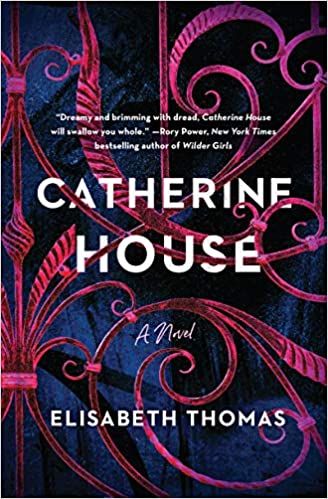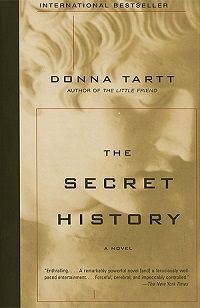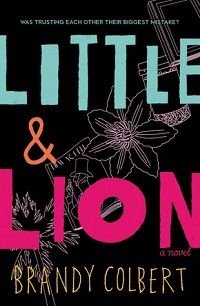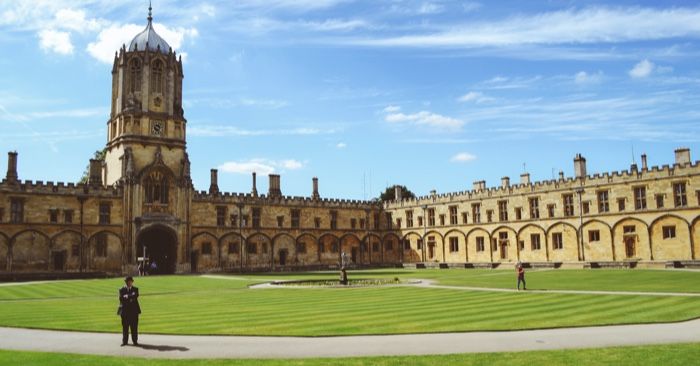I loved my undergraduate years so much I went back to school to study higher education administration. The idea was to find a way to stay in college indefinitely without the loans that went along with being a professional student. Through the years, I’ve worked for housing, for continuing education, and for the libraries, loving every minute.
Like most higher ed nerds I know, I live for fall. There’s a sense of possibility that exists on a college campus come move-in day that can’t be found anywhere else. First-year students file in with wide eyes and overflowing cars, ready to explore all that campus has to offer. Freedom, a new environment, and seemingly endless extracurricular offerings are all just as enticing as the classes they’ve worked with their advisors to select. It’s magic.
It goes without saying that this year is different. All the unknowns make the coming semester feel more like the opening to a dark academia novel than real life. We’re all holding our breath, watching storm clouds creep near our campuses, quiet in our fear.
This summer, I’ve been plowing through college novels and boarding school books to remind myself why I love campus life. It’s helping me ease some of my anxiety around reopening. I’m also reading novels that are helping me think through how to make our campuses more inclusive and equitable. As someone that believes in the value of higher education, it’s even more important to look at what’s broken and consider how to fix it.
4 Campus Novels to Check Out

Catherine House by Elisabeth Thomas
As a former residence hall director, the depictions of housing and community in Catherine House by Elisabeth Thomas enthralled me. The passages with students cozying up together to study at ungodly hours reminded me of the nights our lounge was full of students cramming for exams, all covered with blankets and books. (I was always touched by how they banned together in solidarity, worried by their lack of sleep.) Even better, the scene where several of the housemates acted out a wedding ceremony reminded me of the silly antics I’ve stumbled upon. Impromptu face painting stations, lounge forts, and lip-sync battles all come to mind. Thomas’s characters made me wistful for my days as a student, but also as my days as a caretaker of students.

Good Girls Lie by J.T. Ellison
Books with secret societies like Good Girls Lie by J.T. Ellison make me remember joining a sorority for the sole purpose of seeing the secret rituals. (Sadly, they weren’t as exciting as I expected.) While Greek life wasn’t for me, I can appreciate the found family it affords those that seek it. Far removed now, it’s fascinating to watch recruitment season play out as students profess their new allegiances. It’s hard to imagine what initiation might look like over Zoom. (To be clear—I have zero tolerance for the hazing that happens both in this book and in the real world.)

The Secret History by Donna Tartt
The campus novels I love the most are those that trick me into wanting to go back for another degree. The exclusive seminar classes in Donna Tartt’s The Secret History make me ache for the classroom. I can’t help but wonder how the fictional professor Julian Morrow would conduct a discussion on the Classics in the midst of a global pandemic. What would he think of teaching behind a plastic barrier? Would the students speak as passionately on their subject matter if they were worried about exposure to COVID-19? (At the very least, social distancing would have prevented some of their problems outside the classroom, but we won’t get into spoilers…)

Little and Lion by Brandy Colbert
I’ve also been reaching for novels that shine a light on how a student’s identity informs the kind of relationship they have with their institution. While Little and Lion by Brandy Colbert isn’t a boarding school book, there are sections that explore where Suzette fits in on her campus. As a Black Jewish woman coming to terms with her sexuality, she struggled to know who to trust and how much of herself to divulge. Given that I work at a PWI in the South, I’m sure many of my students are thinking through some of the same things. I want to help create a campus culture where no one feels isolated or alone, regardless of whether their connections take place virtually or in a physical classroom.
While many of the campus novels I reach for are dark, it’s the moments of joy and discovery on the page that compel me to return to my own campus. There’s great reward in witnessing someone find their vocation, have an aha! moment, or find community. I’ve been watching it play out in fiction all summer. I pray it will safe to see those things happen in real life come the fall.
